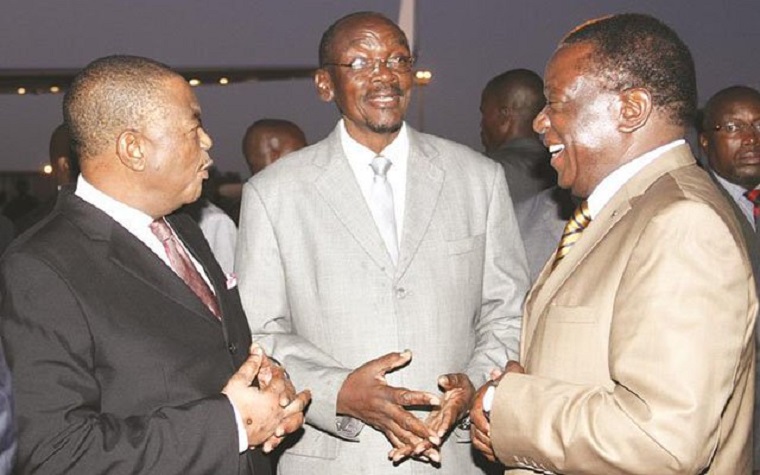 Emmerson Dambudzo Mnangagwa’s inauguration as Zimbabwe’s second president and commander-in-chief consummated power for the main beneficiary of the November 2017 coup that forced Robert Mugabe’s long delayed retirement.
Emmerson Dambudzo Mnangagwa’s inauguration as Zimbabwe’s second president and commander-in-chief consummated power for the main beneficiary of the November 2017 coup that forced Robert Mugabe’s long delayed retirement.
Zimbabwean scholar and activist Brian Raftopoulos’ remarks during a public meeting at the University of Cape Town five years ago come to mind. As all were wondering what would happen in the weeks before the much-marred 2013 Zimbabwean election, Raftopoulos argued that: “Zimbabwe’s military-economic élite – a new capitalist class at an early stage –- will not be removed just with elections.”
Mnangagwa’s next five years may see this prediction reach its endpoint. His billboards said he would deliver the new country Zimbabweans want: the promise remains poised on tenterhooks. The classic dynamic in politics everywhere – the interplay between militarisation and democratisation – looms large.
Raftopoulos’ proviso that a “partnership to prevent militaristic moves” was necessary in 2013 may be more apposite (and trickier) now than ever. The prospects for the next elections in 2023 (barring constitutional changes – possible because ZANU-PF MPs make up more than the two-thirds in Parliament needed to change that hard-won document) could take stark contours.
The contest is, and will be, far beyond a battle of two parties and their main protagonists. It will be between increasing democratic participation – starting with the classic precepts of free and fair elections – or a securitisation process much less stealthy than before.
This is the most important point to consider about Zimbabwe’s medium-term prospects. The others are moves within ZANU-PF itself, dynamics within the MDC-Alliance and what happens to the economy.
After the Constitutional Court’s ruling confirming Mnangagwa as the “duly” elected president, MDC-Alliance leader Nelson Chamisa suggested that he and Mnangagwa needed a serious discussion that would lead to the breaking of Zimbabwe’s legacy of violent and jimmied elections.
It’s still an open question whether such a discussion would lead to a coalition government, or the space for the faction-ridden MDC-Alliance to flex the muscles of a loyal opposition and to rebuild. Its bad experience during the 2009-2013 “government of national unity” might militate against a repeat. But the wider need to cushion the new régime from militarisation is worth considering.
The cautionary note to the MDC-Alliance about any such new dispensation might be: don’t neglect your badly fractured party and its allies needing to be in the fold; and don’t sideline your enemies within precipitously.
Continued next page
(228 VIEWS)






0 Comments